A rumor has been going around on social media for a while now about a supposed $185,000 stimulus check for US homes. This claim is completely false, even though it’s very famous. There is no government-approved scheme that gives this much money to homeowners, and there is also no plan for such a big payment.
People are worried and confused because this false information is getting around, but it’s important to get the facts straight about this fake stimulus check.
This story spread quickly on social media and different websites, where it was called a “new emergency housing stimulus.” There were even posts that said this measure was approved by the Biden government, which is not true at all.
Federal agencies, like the IRS, have made it clear that these payments to homes are not backed by any law or government program.
Why has this stimulus check rumor spread?
Unfortunately, the spread of this false information shows how easy it is for false information to spread online, especially when it seems to offer cash help.
This rumor seems to have started with false posts on social media that told people to click on fake links that were said to be linked to the stimulus check. People who click on these links are often taken to non-government websites that aren’t working anymore or have nothing to do with the U.S. government.
This method is often used to get people’s attention and, in some cases, to get personal or financial information from users who don’t know it.
Unfortunately, the story about the $185,000 stimulus check is not true. However, it caught on because it played on people’s real fears and financial problems in recent years. The COVID-19 pandemic did cause economic problems, and many Americans have been worried about their homes and financial security.
There were times during the pandemic when the government did help by sending direct payments to citizens to help with money. These payments were part of a set of steps meant to help temporarily. The last of these direct stimulus payouts ended in 2021, and there have been no more programs with the same goals since then.
The myth probably also came from real examples of government support in the past, like the stimulus checks that were given out during the pandemic and other smaller-scale housing assistance programs.
But these projects are not the same as what has been wrongly said in recent social media posts. There may have been confusion because this false information was shared by so many people, especially those who may not have checked the source of the claims before sharing them.

Where does the confusion come from?
There are real services that can help homeowners, but none of them give direct payments of anywhere near $185,000. A lot of states have made programs to help people who are having trouble with their rent or mortgage payments, and the federal government also has a number of programs to help first-time homeowners and people who are having trouble with their finances.
But these programs usually only give small amounts of money to people who meet certain requirements, which is a lot less than what was said in the reports.
This is a real home help program: the Homeowner Assistance Fund (HAF), which was made possible by the American Rescue Plan Act.
The HAF helps homeowners whose finances have been affected by the pandemic. However, the funds are distributed at the state level, and the help is generally tailored to the needs of those who are qualified. This kind of help usually comes in the form of mortgage payments, energy bills, and property taxes, rather than cash payments.
In March 2023, the Biden administration did give a tax credit of up to $10,000 to people who were buying their first home. This program is a real attempt by the government to make it easier for people to become homeowners, especially first-time buyers and families.
But this program is a tax credit, not a cash payment, and it’s only for people who are buying their first home. Also, the most money that can be won through this program is $10,000, which is a lot less than the $185,000 that was said in the reports.
A lot of people spread these kinds of rumors because they don’t understand how government aid programs work. The government does offer different kinds of help, but these programs are usually very specific and not nearly as big as the stories going around online.
Preventing the spread of false information
It’s important to know that any reports you’ve seen or heard about a $185,000 check for homeowners are not true. There isn’t a government program or bill in the works in the United States that would give people such a large amount of money. This kind of false information can lead to scams or frauds that try to take advantage of people’s interest or worries about money.
By remaining vigilant and verifying any unusual claims, individuals can protect themselves from potential scams and avoid sharing incorrect information.
It’s important to use formal sources to make sure that government programs are real. Websites run by the IRS, the Department of Housing and Urban Development (HUD), and other government agencies have the most accurate and up-to-date information about aid that is available.
Always check these reliable sources before you do anything if you come across a claim that seems too good to be true.
There are false rumors going around about big amounts of money being given out, like the $185,000 stimulus check. These rumors could even be dangerous. People may be more likely to click on fake links or give out personal information on unsafe websites after reading these stories.
Cybercriminals often use these kinds of tricks to get to private information that they can then use to steal identities or do other bad things.
People can better protect themselves and their groups from harm if they know how these scams work.
As online scams and false information keep getting better, it’s important to be skeptical of claims that seem too good to be true. If you know how to spot a scam and check the accuracy of information, you can stop false information from spreading and lower your chances of falling for fraud.
The best way to avoid believing stories like the one about the fake $185,000 home stimulus check is to stay informed and only listen to reliable sources.

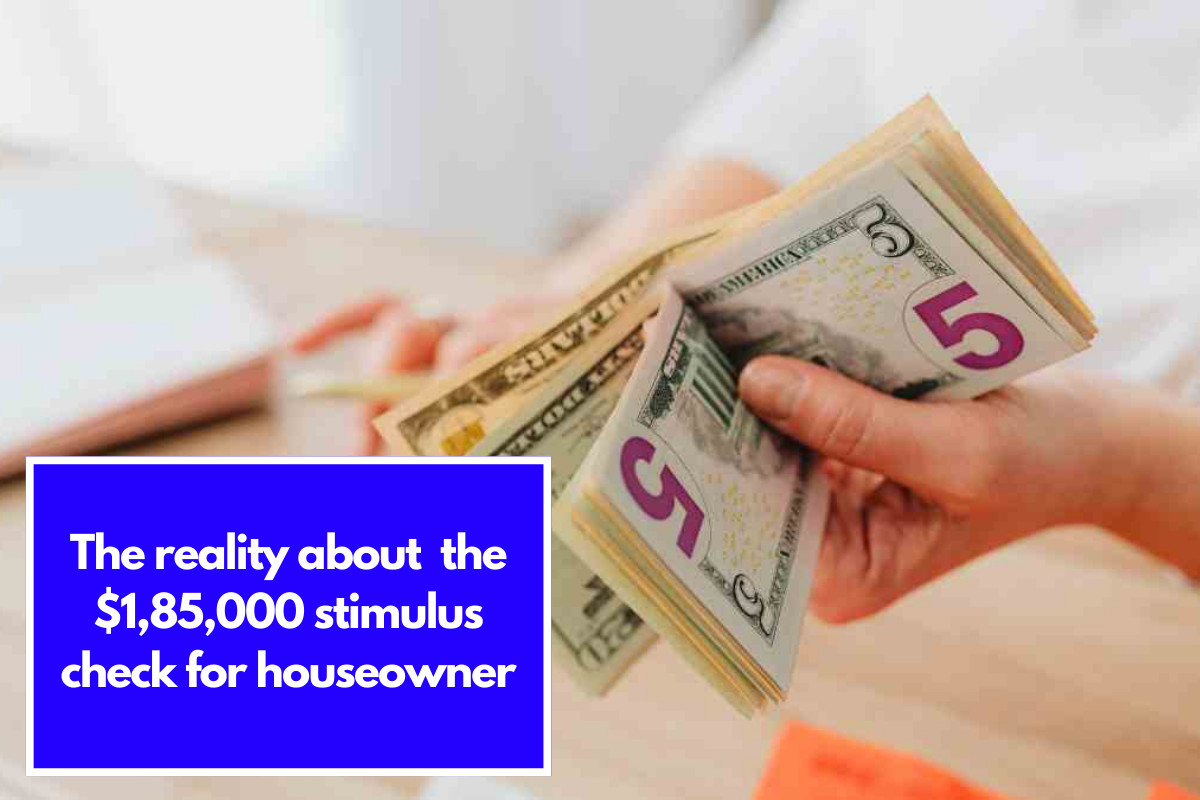
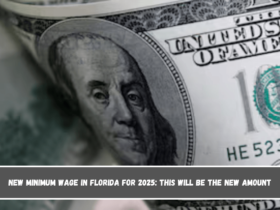

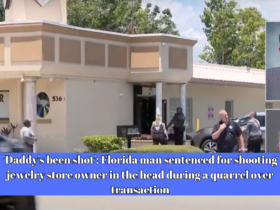




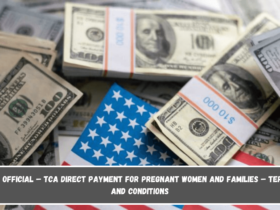
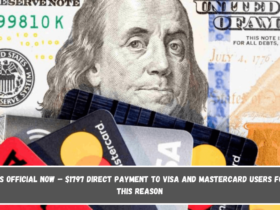
Leave a Reply